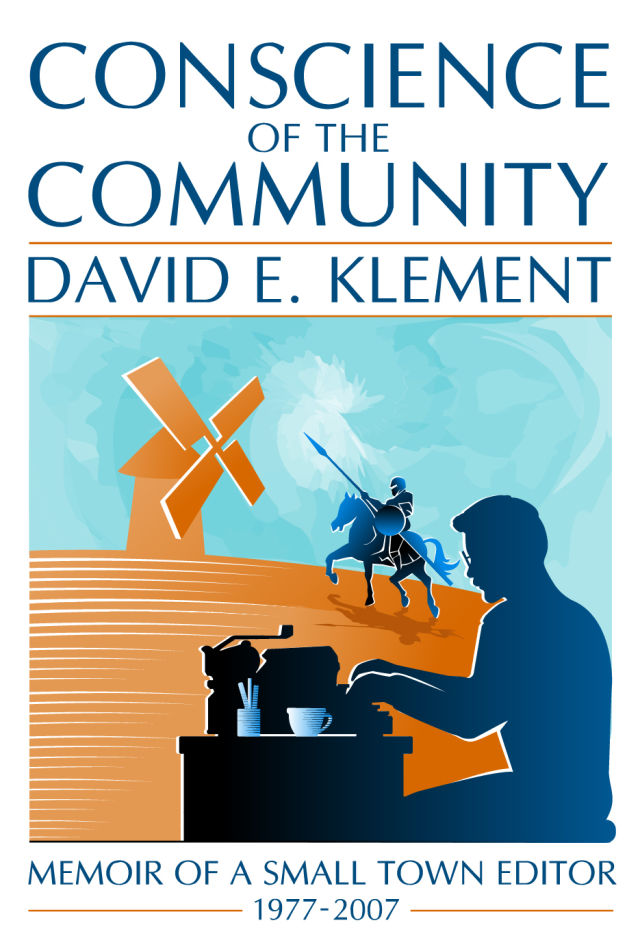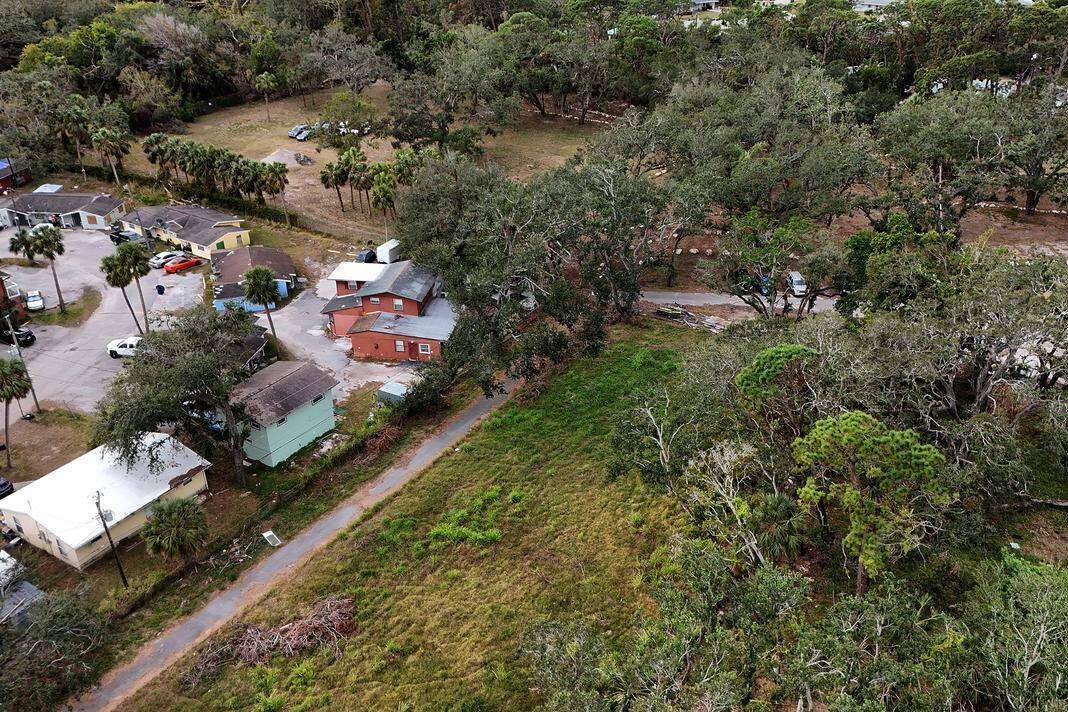David Klement Writes About Life as a Small-Town Journalist in His New Book

Writer David Klement's new book chronicles his tenure at the Bradenton Herald.
Image: Silatip/Shutterstock.com
David E. Klement, the longtime, widely respected editorial page editor of the Bradenton Herald, recently published a chronicle of his 30 years at the paper, called Conscience of the Community: Memoir of a Small Town Editor. The book is a collection of his favorite pieces during his tenure from 1977 to 2007. Klement wrote a column seven days a week, 50 weeks a year, so just choosing from the thousands in the archive was a major project. Known for his smooth, clear prose, in-depth research and wisdom, Klement was never afraid of ruffling feathers; or, if he was—especially in Bradenton’s good-old-boy culture when he started—it never deterred him from publishing strong, but always civil, opinions on hot topics like the death penalty, gay rights, race and abortion. Klement reported on watershed events, such as the Sunshine Skyway bridge collapse, and he was one of the first journalists in Key West during the Mariel boatlift. “Being a journalist was a privilege,” he says.
But the book is far more than a satisfying walk down memory lane in a small town. Klement, 81, keeps things relevant in his italicized notes at the top of his columns as he looks back from his perch decades later. His observations about who we are in this current era of culture wars remain as sharp and relevant today as they were when he was writing editorials. Many of the columns in the book are personal and retain the unpretentiousness of his youth on a dairy farm in Muenster, Texas. Klement writes about love, the challenges of being a father, his faith and saying goodbye to his beloved German shepherd. It’s a reminder to the reader that journalists are complicated human beings with lives, losses and concerns not unlike their own.

Conscience of the Community by David Klement
Image: Courtesy Photo
Klement retired at 67 from the Bradenton Herald and signed on as director of USF Sarasota-Manatee’s Institute for Public Policy and Leadership. Later, he become director for the Institute for Strategic Policy Solutions at St. Petersburg College. He also served on the Florida Public Service Commission before founding a consulting business, the Klement Group.
We talked to Klement about his career and journalism today.
You left the roles of reporter and city editor to become an editorial writer. Why?
“I had control over my day. As an editor I was pulled in different ways by events, whether it was shortage of reporters or an edict from my boss or breaking news. All of a sudden, your plans change. As an editorial writer, I decided what I was going to write that day, and the majority of the time I had a structure that allowed me to focus.”
How did you approach editorial writing?
“The old trick in editorial writing was just recite the known facts. ‘OK, here's what we know and then do a on the one hand and on the other and then conclude it. I never wanted to do that. I wanted to take a firm stand and not recycle. I wanted to use facts but say something about the facts that were relevant to thought and opinion. That was my job. To get people to think critically.”
What do mean when you say “conscience of the community”?
“Everybody knew that it was me who was writing the editorials. Bradenton was a small town, especially in the ’70s and ’80s. We knew most people, and everybody knew the movers and shakers. People knew me as the Herald’s editor. Being known around town gives a certain bit of satisfaction, having a little cachet, but I also felt like I was accomplishing something by trying to lead public opinion in a good way for the good of the public.”
Has being an editorial writer changed in this era?
“Well, first I would say there are fewer of them. At the Bradenton Herald there are no locally written editorials anymore. Many papers don’t have a locally written editorial every day. I fear that the main focus is on likes and page views and how quick and reactive you have to be. Tweeting something two minutes after you know about it in [280] characters doesn't give you time to think things through with any depth or to do any research to provide a decent context for what you're saying. We always worried about knee-jerk responses, about being able to research and talk to the right people.”
What is one of your proudest moments as an editorial writer?
“One of the most memorable was the day of 9/11. We were meeting as the executive team when the first plane hit, and we went to the TVs and watched. As soon as the tower started to fall, we gathered and said, 'We're putting out an extra edition.' Everybody went to work, and by one o'clock, we had an edition on the street that covered the disasters hitting our country from the terrorist attacks. I was expected to have an editorial that summed up the grief, pain, shock, horror and anger in two hours. That was a challenge. The satisfaction today is reading it 19 years later and seeing it has held up.”
Did you have a favorite editorial writer’s credo?
“Comfort the afflicted and afflict the comfortable.”
Conscience of the Community: Memoir of a Small Time Editor is available on Amazon.



